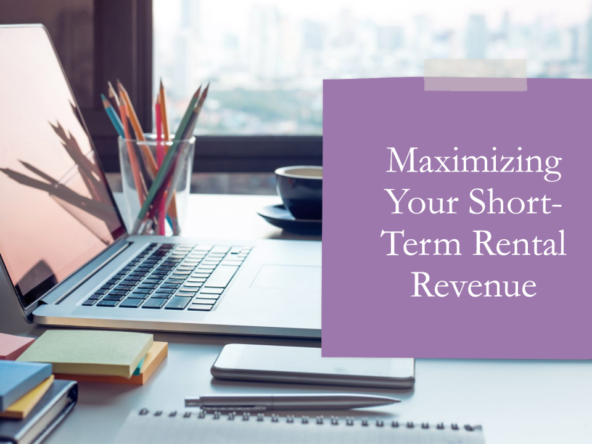Tax-free management is a strategic approach to managing your finances in a way that minimizes your tax liability. By leveraging various tax-free investment options and strategies, you can keep more of your hard-earned money. Here are some key tips to help you maximize your wealth through tax-free management.
1. Understand Tax-Free Investments
There are several investment options that offer tax-free benefits. Some of the most popular include:
- Municipal Bonds: These are issued by state and local governments and are typically exempt from federal income taxes. In some cases, they may also be exempt from state and local taxes.
- Roth IRAs: Contributions to Roth IRAs are made with after-tax dollars, but the earnings grow tax-free, and qualified withdrawals are also tax-free.
- Health Savings Accounts (HSAs): Contributions to HSAs are tax-deductible, and withdrawals for qualified medical expenses are tax-free.
- 529 Education Savings Plans: These plans allow you to save for education expenses with tax-free growth and withdrawals for qualified expenses.
2. Utilize Tax-Advantaged Accounts
In addition to tax-free investments, consider using tax-advantaged accounts to reduce your taxable income:
- Traditional IRAs and 401(k)s: Contributions to these accounts are tax-deductible, reducing your taxable income in the year you contribute. However, withdrawals in retirement are taxed as ordinary income.
- Flexible Spending Accounts (FSAs): FSAs allow you to set aside pre-tax dollars for medical and dependent care expenses, reducing your taxable income.
3. Take Advantage of Tax Deductions and Credits
Maximize your tax savings by taking advantage of available deductions and credits:
- Mortgage Interest Deduction: If you own a home, you can deduct the interest paid on your mortgage from your taxable income.
- Charitable Contributions: Donations to qualified charitable organizations are tax-deductible.
-
Education Credits: The American Opportunity Credit and Lifetime Learning Credit can help offset the cost of higher education.
4. Plan for Long-Term Tax Efficiency
Effective tax-free management requires long-term planning. Consider the following strategies:
- Tax-Loss Harvesting: Offset capital gains by selling investments at a loss.
- Estate Planning: Use trusts and other estate planning tools to minimize estate taxes and ensure your wealth is passed on to your heirs tax-efficiently.
- Diversification: Spread your investments across different asset classes to reduce risk and take advantage of various tax benefits.
5. Consult with a Tax Professional
Tax laws are complex and constantly changing. Working with a tax professional can help you navigate the intricacies of tax-free management and ensure you are taking full advantage of available opportunities.












